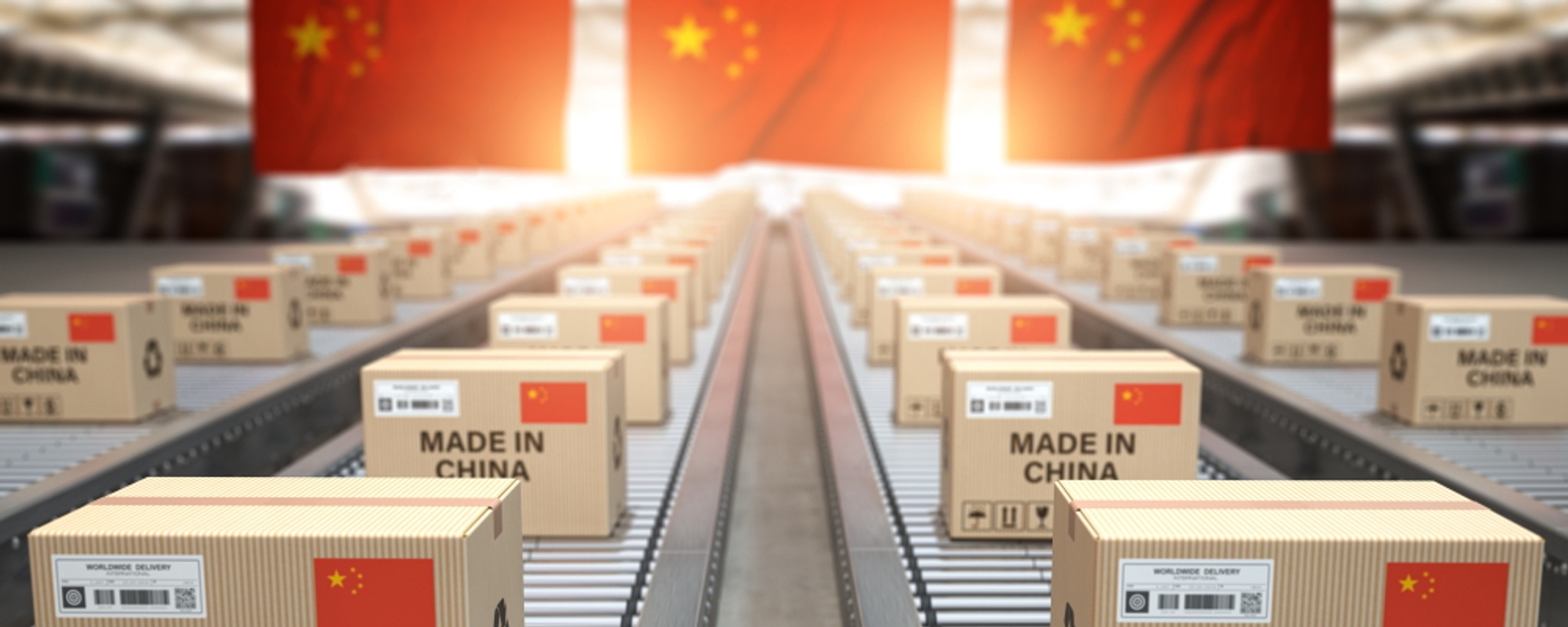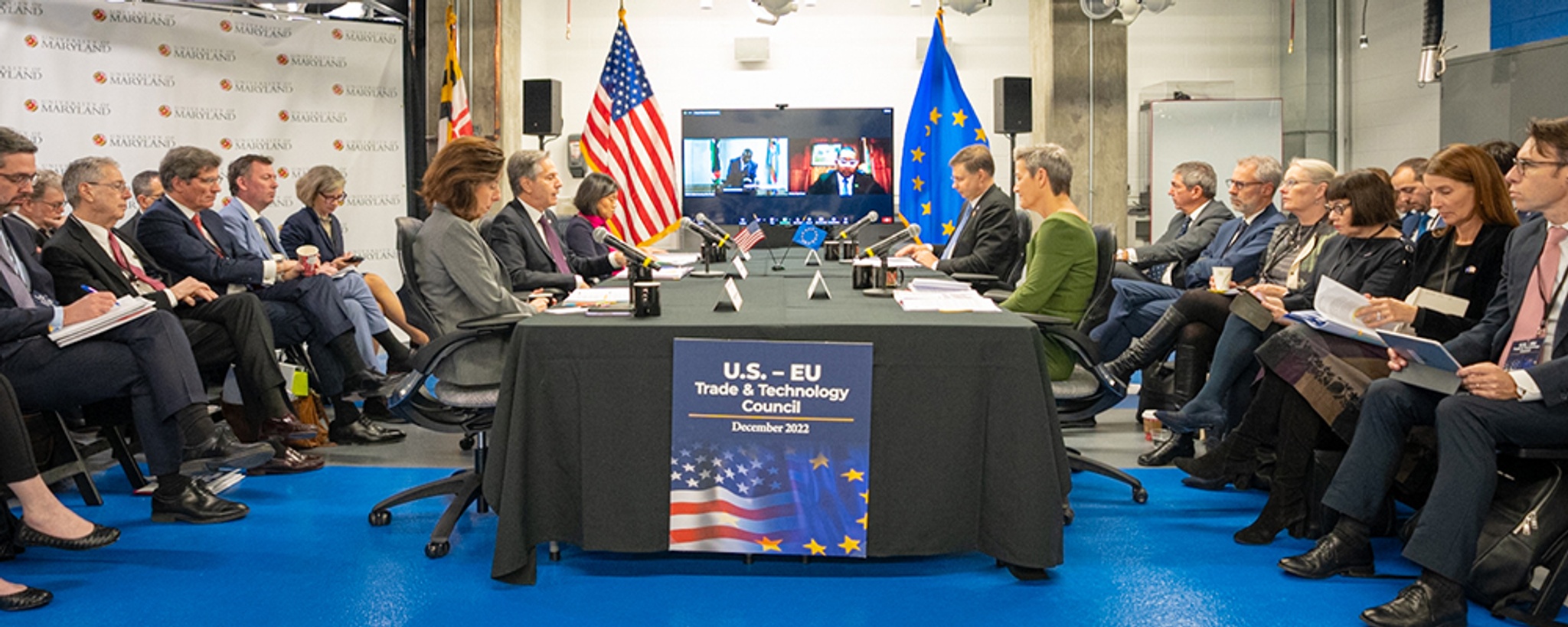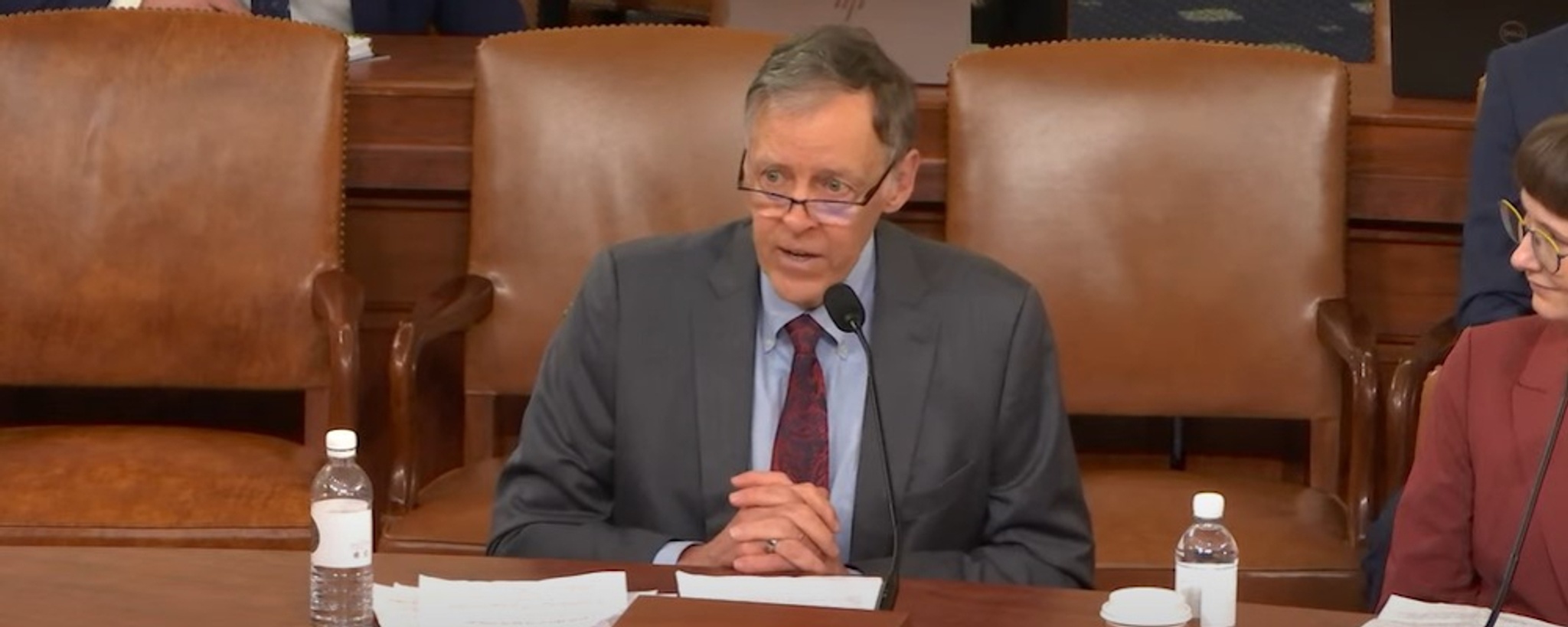Trade
Navigate forward to interact with the calendar and select a date. Press the question mark key to get the keyboard shortcuts for changing dates.
Navigate backward to interact with the calendar and select a date. Press the question mark key to get the keyboard shortcuts for changing dates.
Growing the innovation economy requires tight and deep integration of global markets—but with the critical caveat that this integration must come with strong commitments to openness and robust, market-oriented national competitiveness policies, not protectionist market distortions. ITIF's research focuses on how to promote robust trade, especially in innovation-based industries, and curb the spread of innovation mercantilism in all its forms.
How to Mitigate the Damage From China’s Unfair Trade Practices by Giving USITC Power to Make Them Less Profitable

Section 337 of the 1930 Tariff Act allows the U.S. International Trade Commission (USITC) to bar imports when domestic industries suffer harm due to unfair competition. Congress should expand the law to better address the unfair trade practices China uses to capture market share in advanced industries at America’s expense.
More Publications and Events
September 23, 2024|Blogs
We Need an Allied Effort to Establish New Global Manufacturing Hubs to Compete With China
China accounted for 35 percent of global manufacturing as of 2023. The United States and Western allies should launch a global competition to establish competing manufacturing hubs in countries that commit to reforming restrictive regulations, reducing corruption, boosting skill development, and ensuring adequate financial incentives and infrastructure.
September 23, 2024|Blogs
Why Is the EU So Reticent About Challenging Beijing?
The European Union needs to pay a short-term price for long-term gain by standing alongside the United States in taking tough action to hold China accountable for its IP theft, dumping, and over-subsidizing.
September 20, 2024|Op-Eds & Contributed Articles
Advancing US-Japan Economic Security Partnership and Countering Chinese Economic Coercion
The United States and Japan must make a concerted effort to mutually advance their economic security and counter Chinese economic coercion, while bringing other allied nations aboard the enterprise to the greatest extent possible.
September 12, 2024|Publications
Chinese Innovation Mercantilism: An Essential Reading List of ITIF Policy Analysis and Commentary
China’s long-standing and rampant “innovation mercantilist” policies harm global innovation by taking market share and revenues from more-innovative foreign competitors, which diminishes the resources they can invest in research and development toward further innovation. ITIF has conducted extensive analysis on this issue.
September 9, 2024|Blogs
Fact of the Week: Manufacturing Firms in EU-27 Countries Using Cloud Computing Are More Likely To Export
The use of cloud computing by firms has been proven to increase productivity and innovation and to lower costs.
August 20, 2024|Blogs
Opportunities for APEC To Build Trust in the Digital Economy
Global trade relies heavily on trust, and the Internet amplifies trust challenges due to distance, anonymity, and the vast scale of interactions. To address these challenges, APEC economies should focus on developing socio-technical solutions, like digital IDs and content provenance tools, to improve trust in the digital environment and ensure the safety and security of the digital economy.
July 29, 2024|Blogs
The Biden Administration Overreacts Responding to China’s Role in Setting Standards for Quantum Technologies
The Biden administration's push for new international quantum technology standards is premature, disruptive, and marks an unprecedented shift from private sector-led efforts to government intervention, raising concerns about U.S. policy and coordination with the private sector.
July 24, 2024|Blogs
Despite High Expectations, FDI Falls for Second Straight Year
Though greenfield investments did not live up to expectations last year, business deals spurred by the CHIPS Act and the IRA give reason to believe we will soon see large increases in investments in semiconductors, clean energy, and related industries.
July 19, 2024|Blogs
The US-China Tech Conflict Fractures Global Technical Standards: The Case of Semiconductors and the RISC-V Standard
U.S. policymakers are targeting RISC-V, an open-source semiconductor architecture, over concerns about China's influence. Restricting U.S. firms from participating could undermine domestic innovation and competitiveness while benefiting China.
July 18, 2024|Blogs
The Digital Services Tax Will Not Be Good for Canada
Canada should drop its Digital Services Tax, which will harm Canadian businesses, startups, and consumers and surely lead to a retaliatory response by the U.S. government.




